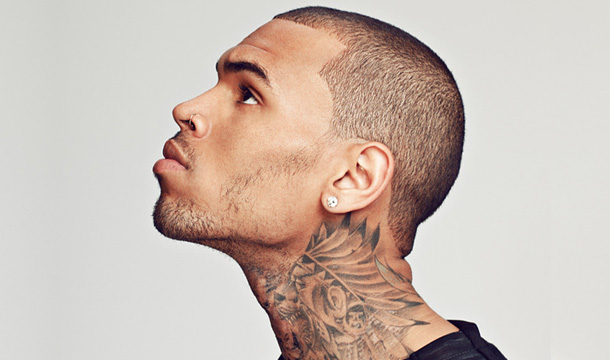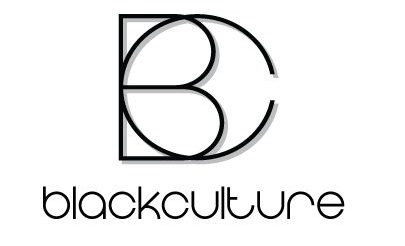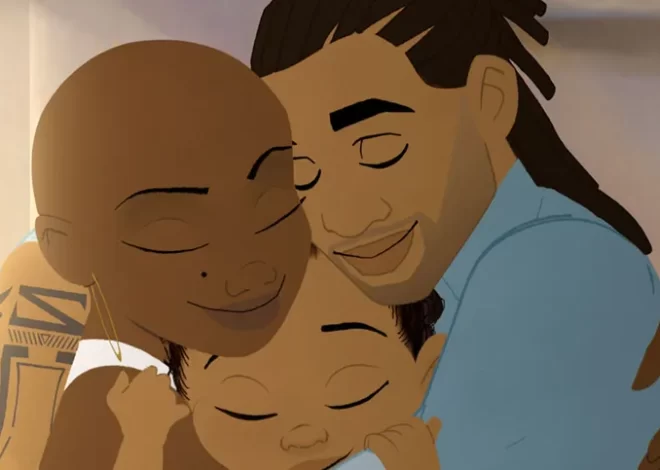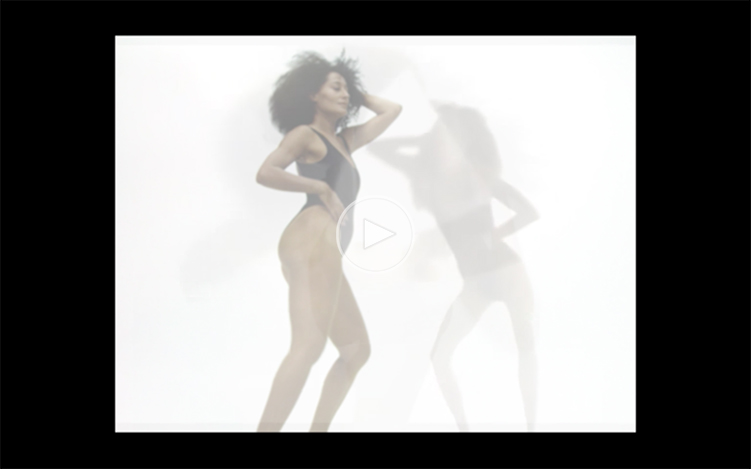
Chris Brown and Why Its Easy to Ignore Rape of Black Boys
The UK paper The Guardian recently published an interview with Chris Brown in which the superstar reveals his first sexual experienced occurred at the age of 8 with a 14 year old girl. While Brown labeled this sexual act as him “losing his virginity” the reality is less innocent.
Brown is a victim of child abuse.
He lost his virginity when he was eight years old, to a local girl who was 14 or 15. Seriously? “Yeah, really. Uh-huh.” He grins and chuckles. “It’s different in the country.” Brown grew up with a great gang of boy cousins, and they watched so much porn that he was raring to go. “By that point, we were already kind of like hot to trot, you know what I’m saying? Like, girls, we weren’t afraid to talk to them; I wasn’t afraid. So, at eight, being able to do it, it kind of preps you for the long run, so you can be a beast at it. You can be the best at it.”
In particular, Brown is a victim of child sex abuse. Moreover, Brown is a victim of how we generally view abuse in our society.
Sexual abuse is generally viewed as the victimization of a young child by an adult. Yet, studies estimate that between 20 to 30% of rapes and 30 to 50% of child molestations are committed by adolescents. National surveys of adults suggest that between 9-32% of women and 5-10% of men report that they were victims of sexual abuse and/or assault during their childhood.
It’s a grim reality that male victimization is under-reported compared to female victimization. A heternormative patriarchal culture makes it easy to hide male victimization in our society.
And it is worse for our Black boys.
Black male sexuality in America is shaped by the dominant sexual myths of black men and patriarchal notions of manhood. Coupled with the historical racist violent acts of lynchings, castration and mutilation, a distorted depiction of black masculinity was formed. In her essay “It’s a Dick Thing”, bell hooks states, “Because this society has deemed black males hypersexual, the sexual abuse of black boys is simply not acknowledged. Or when it is acknowledged the presumption is that it has not been traumatic.” This is despicable act Jezebel writer, Doug Barry, is guilty of when earlier in the week he claimed that Chris Brown recounted merely a “vaguely traumatic incident from his childhood.”
Why is male child abuse, especially of Black boys, downplayed or often ignored? Sexual abuse is equally harmful to boys and girls. But the idea that boys cannot be victims of sexual abuse is central to masculine gender socialization.
The image and fear of emasculation fuels notions of black maleness. Patriarchy sex, is not merely an act of pleasure or procreation, but becomes a tool to prove one is not homosexual. To prove, reaffirm and reassert one’s manhood. It is why men brag of sexual experiences at an early age with the opposite sex and why one may hide sexual experiences at an early age with the same sex.
This becomes more apparent further in the interview:
(Now 24, he doesn’t want to say how many women he’s slept with: “But you know how Prince had a lot of girls back in the day? Prince was, like, the guy. I’m just that, today. But most women won’t have any complaints if they’ve been with me. They can’t really complain. It’s all good.”)
Chris Brown envisions himself to be “the man”, just as Prince as “the guy” back in the day. For Brown, his credibility as a man is defined by the number of women he’s slept with and the amount that he has pleased. His concept of black masculinity is tied and bound to sex.
This ideal of black manhood being based on patriarchy sex runs the risk of hiding the true number of black male victimization. Chris Brown and other black males who may have experienced similar situations may not think of themselves as victims. On the contrary, they value and relish the fact of asserting their male hood at an early age.
But that doesn’t make them any less a victim.
It’s only when we truly begin to demythologize black sexuality and destroy the image of black hypersexuality perpetuated in popular cultures that we can create a safe space for healing. And save our Black boys.



